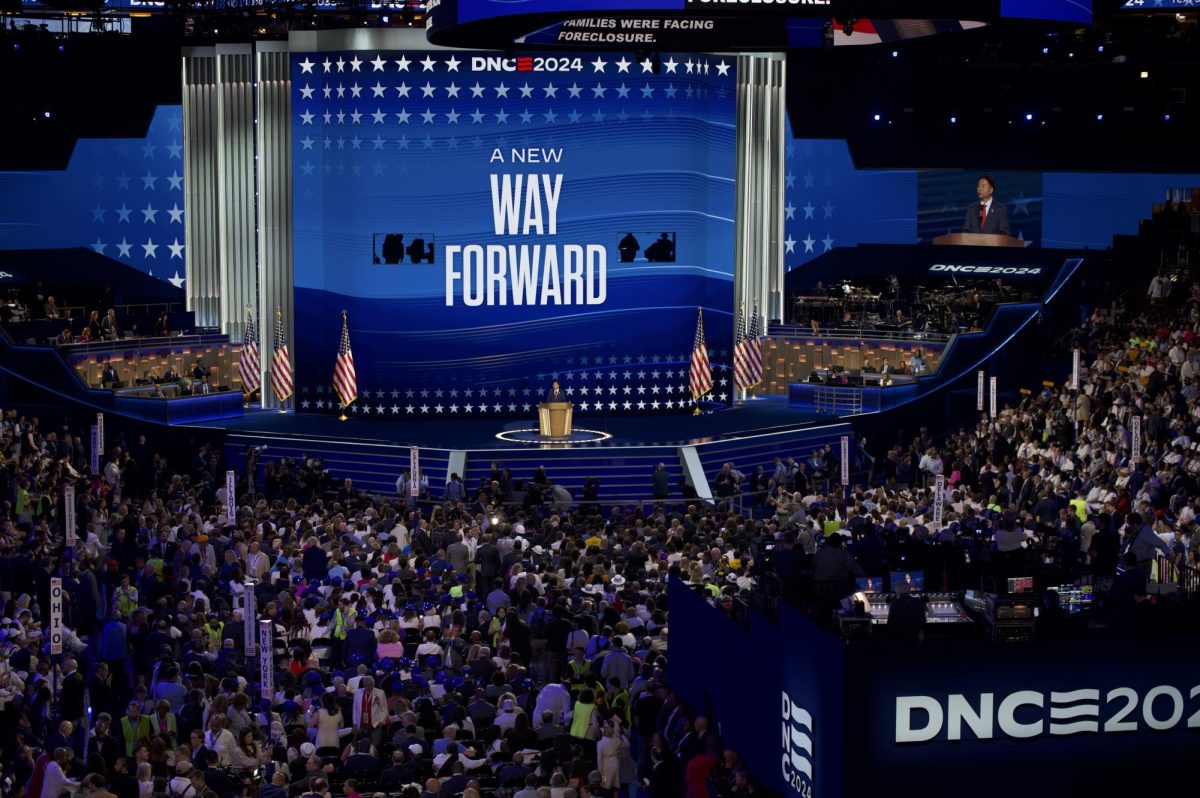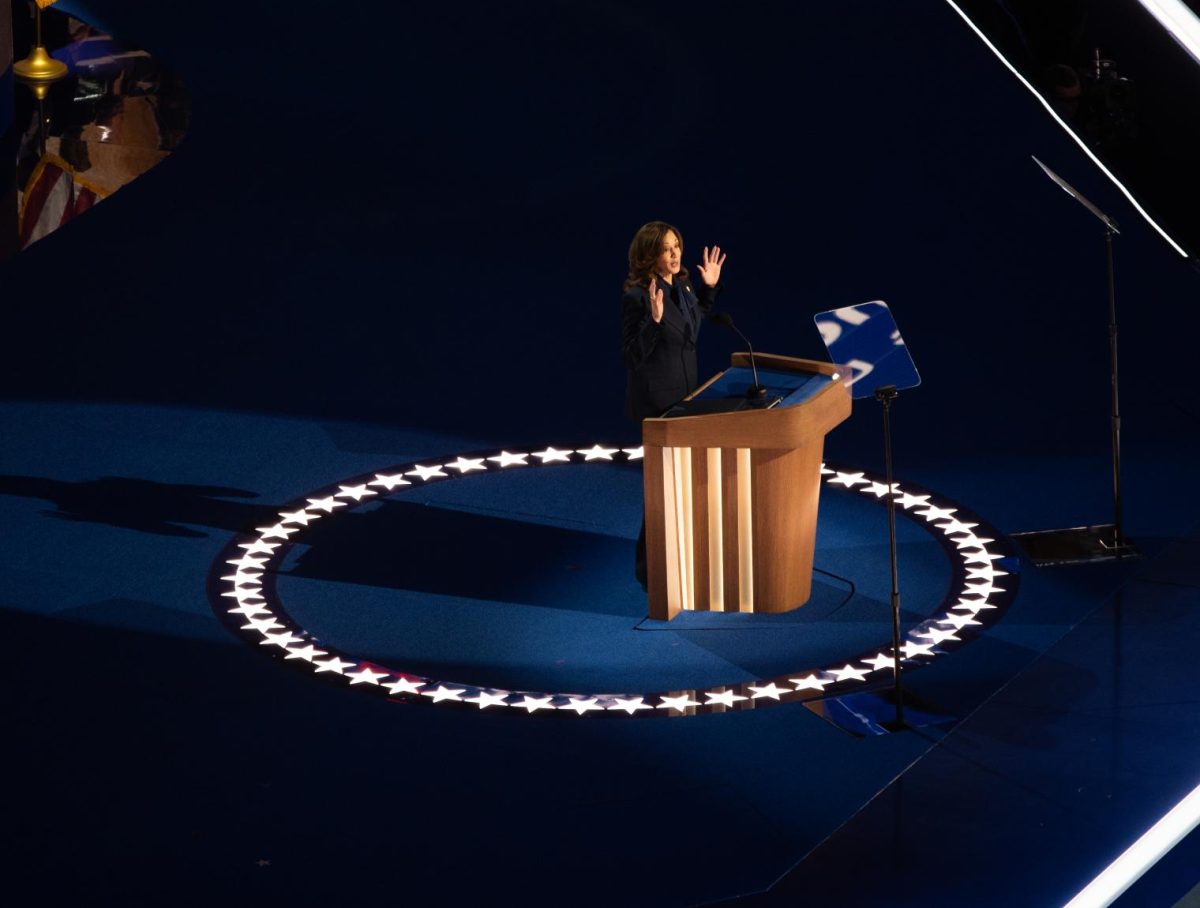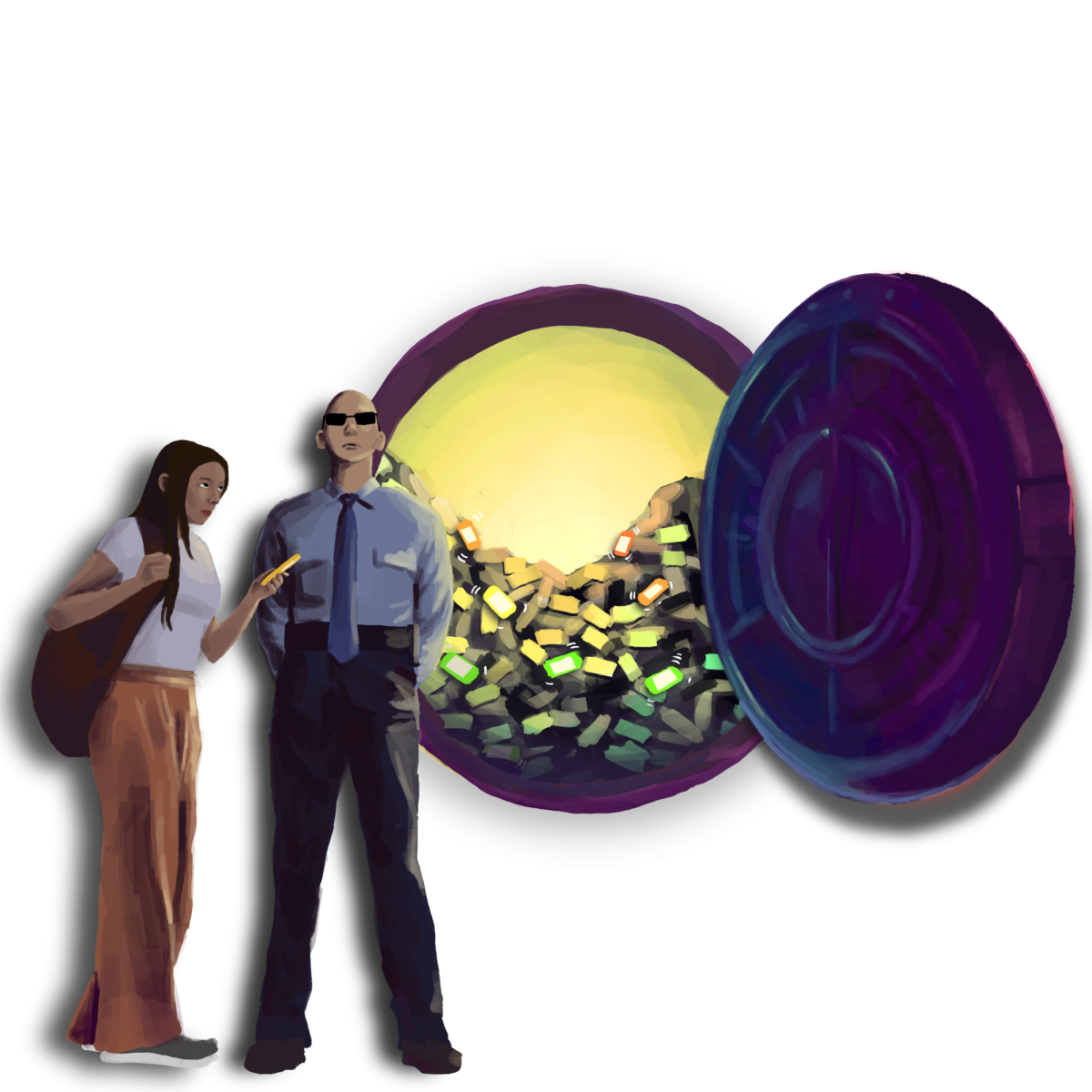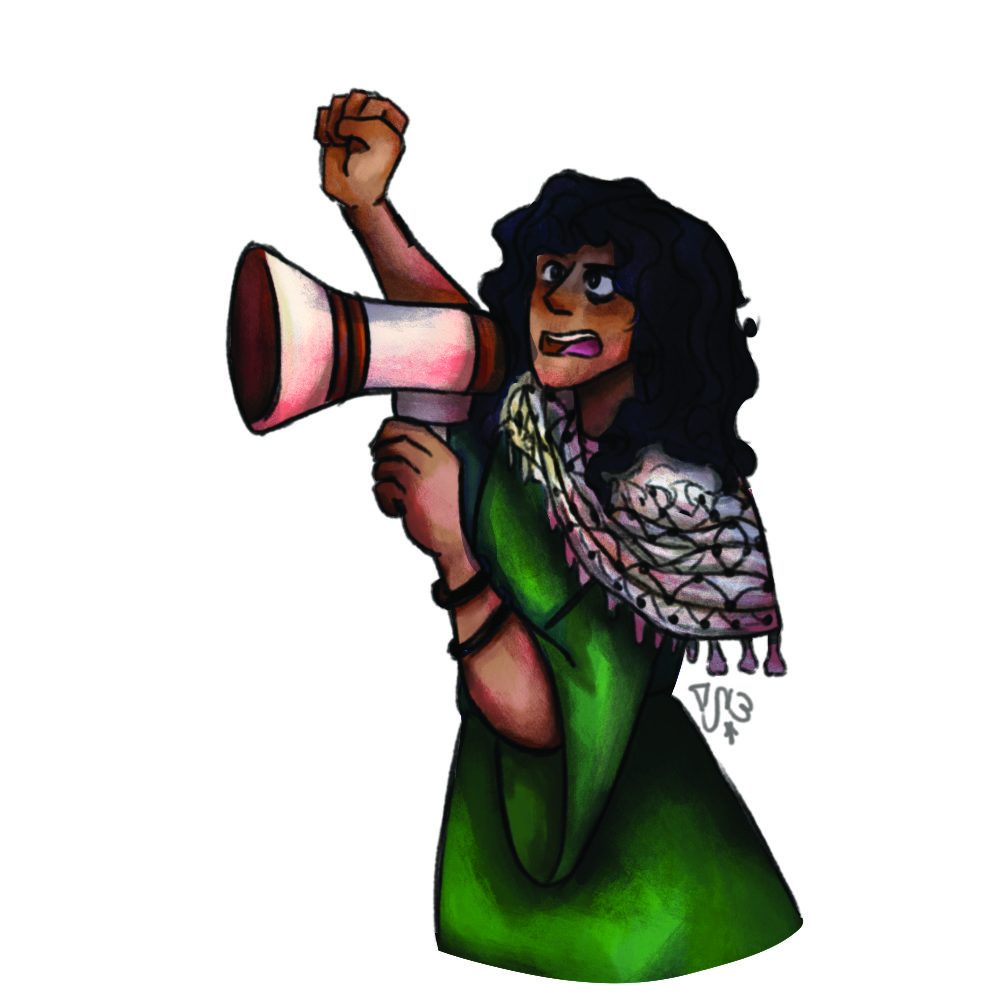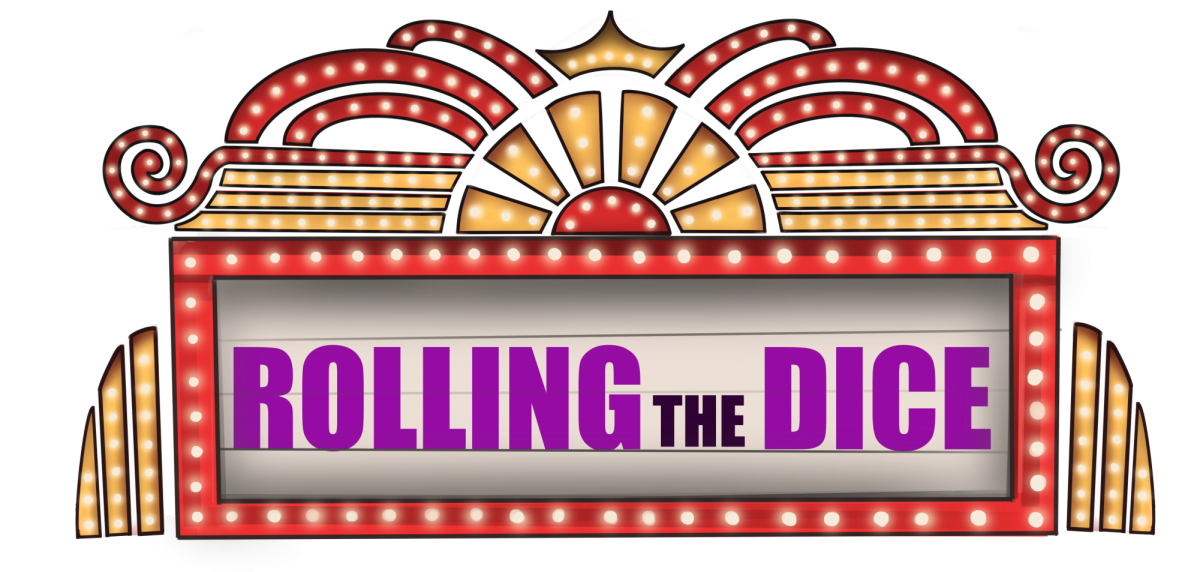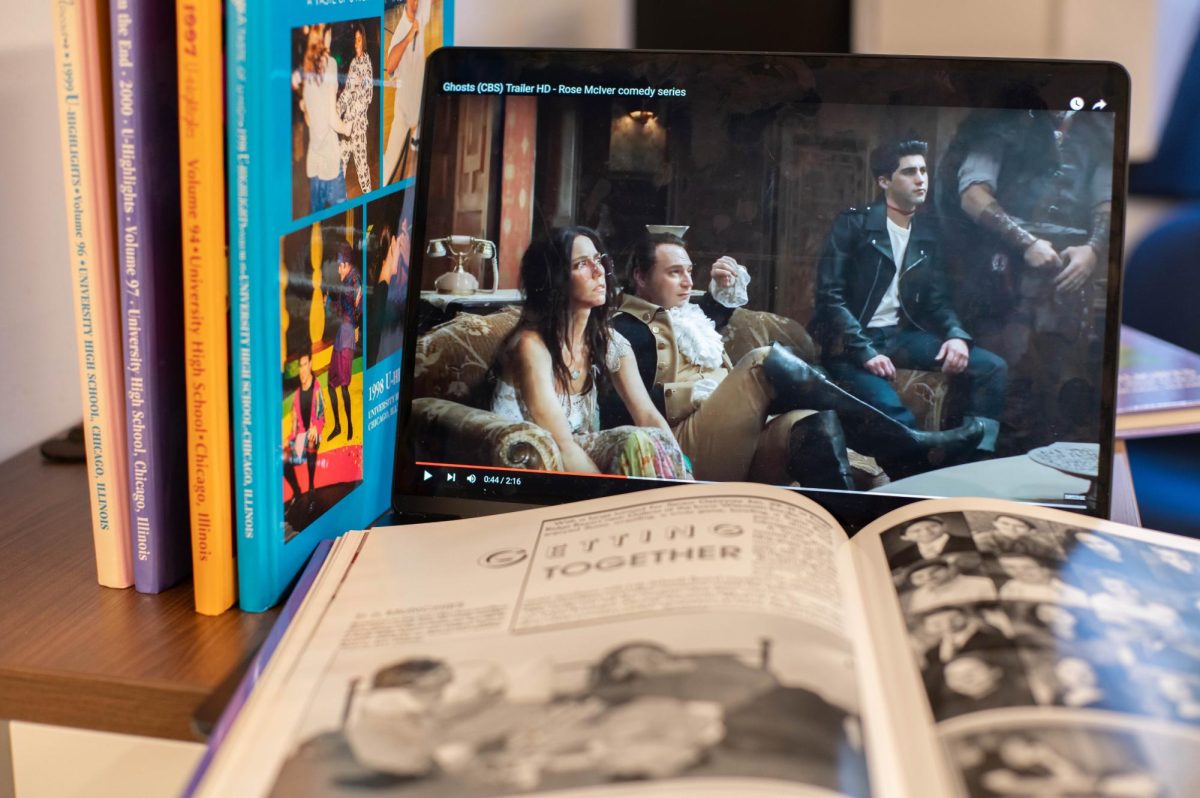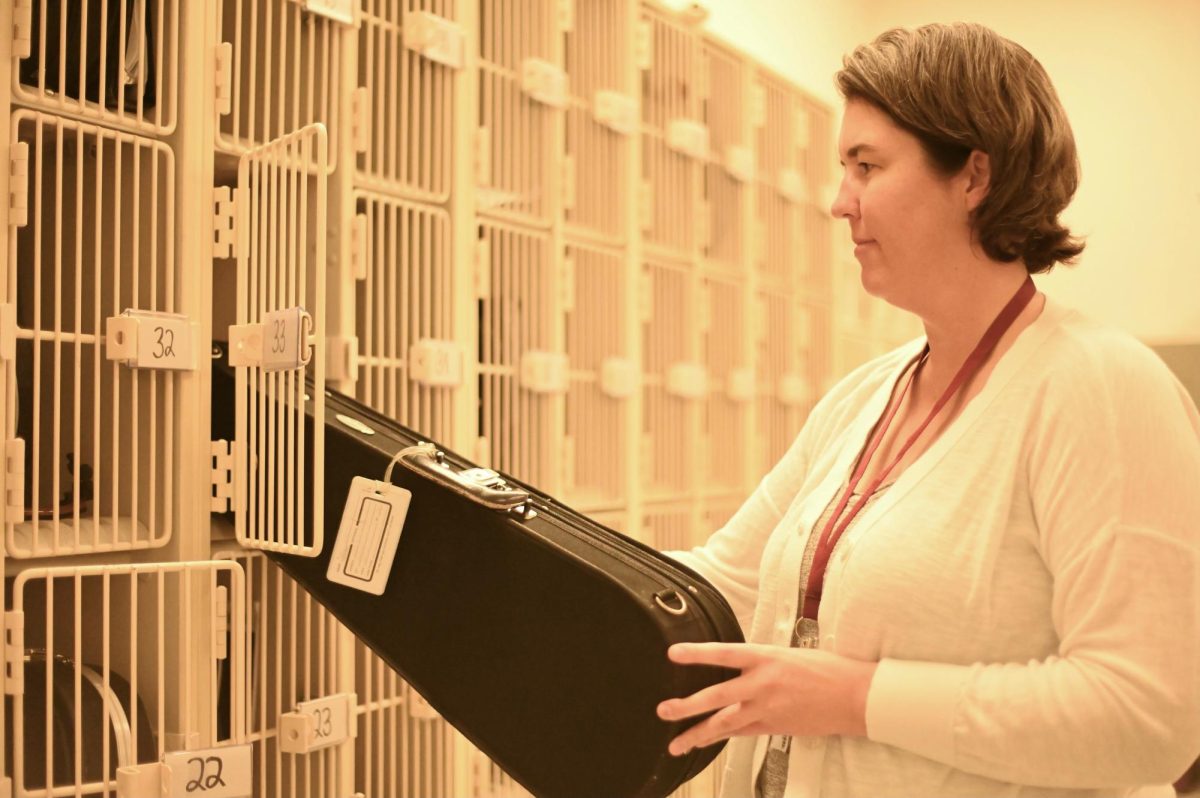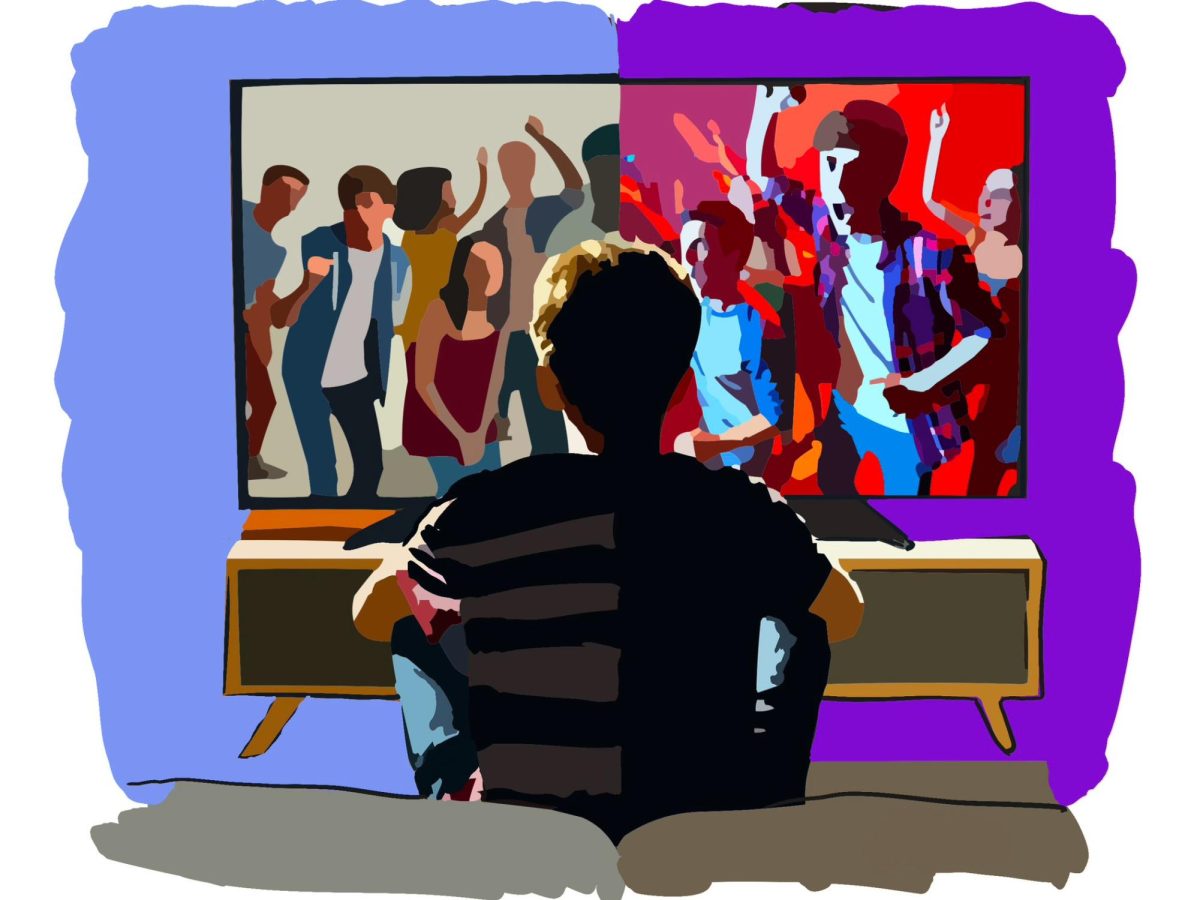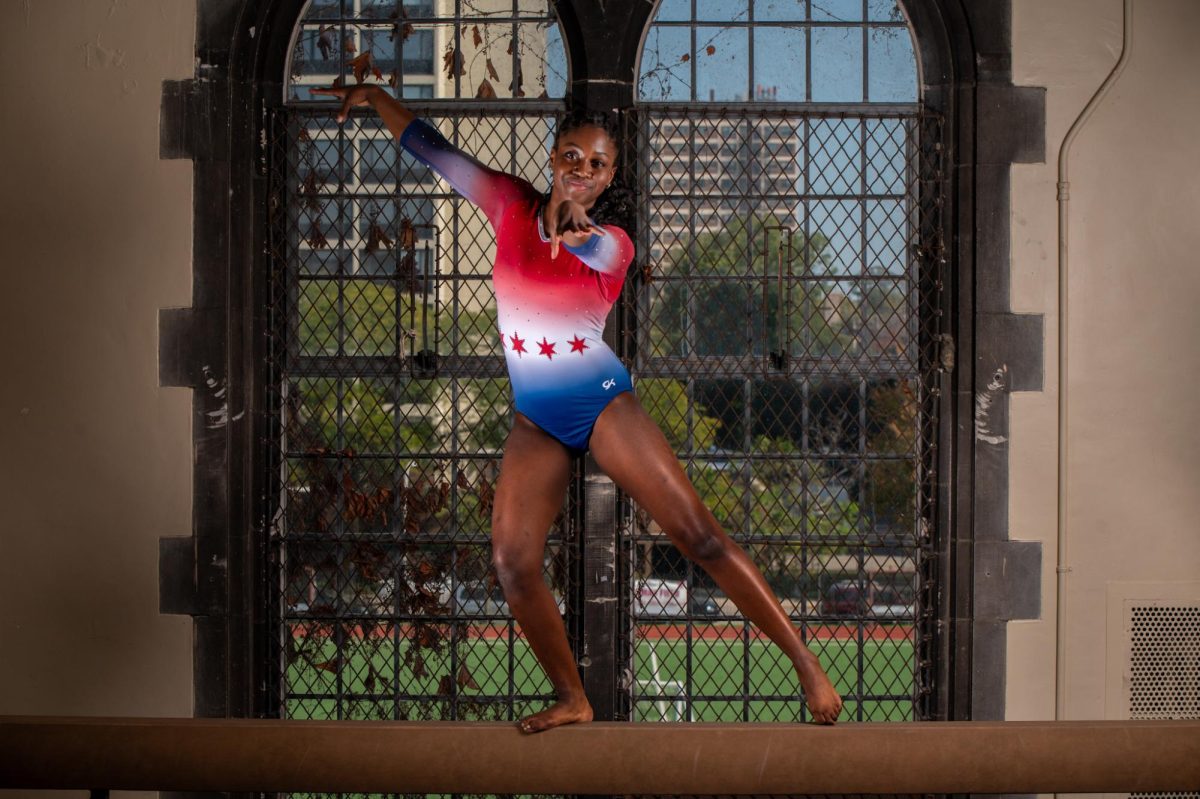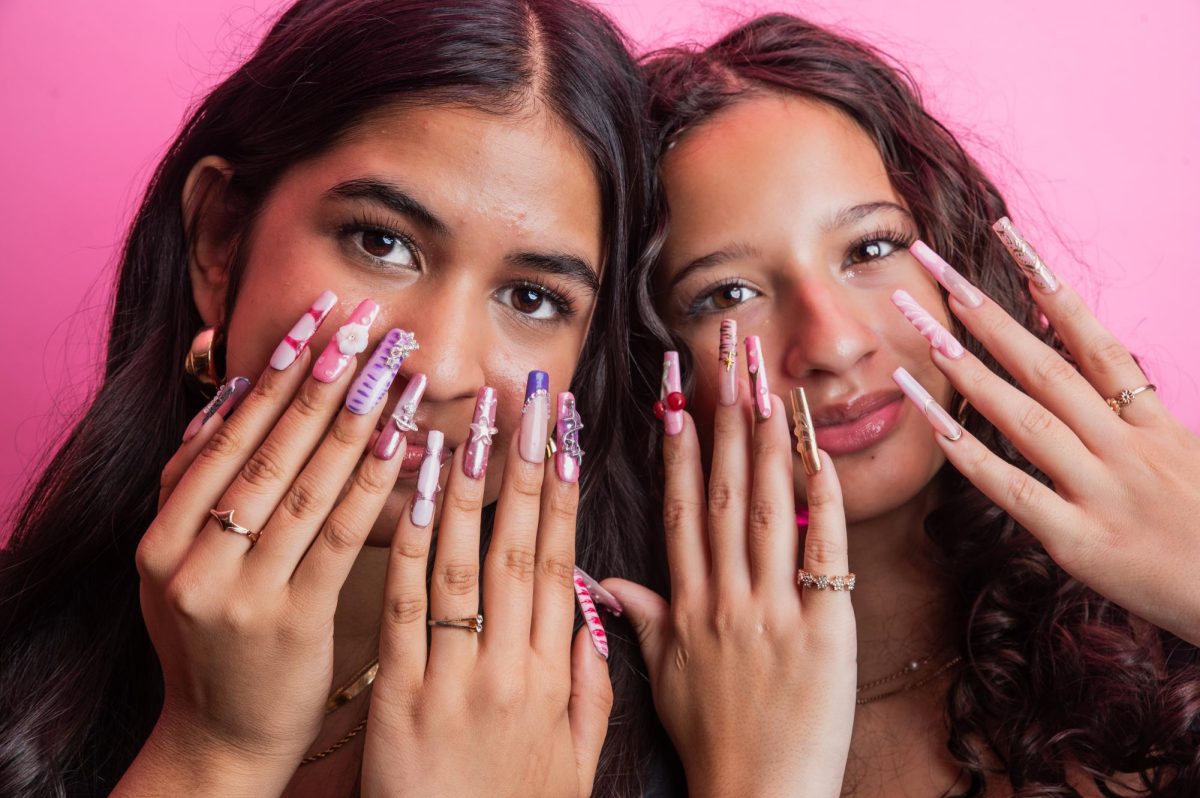Affirmative Apprehension
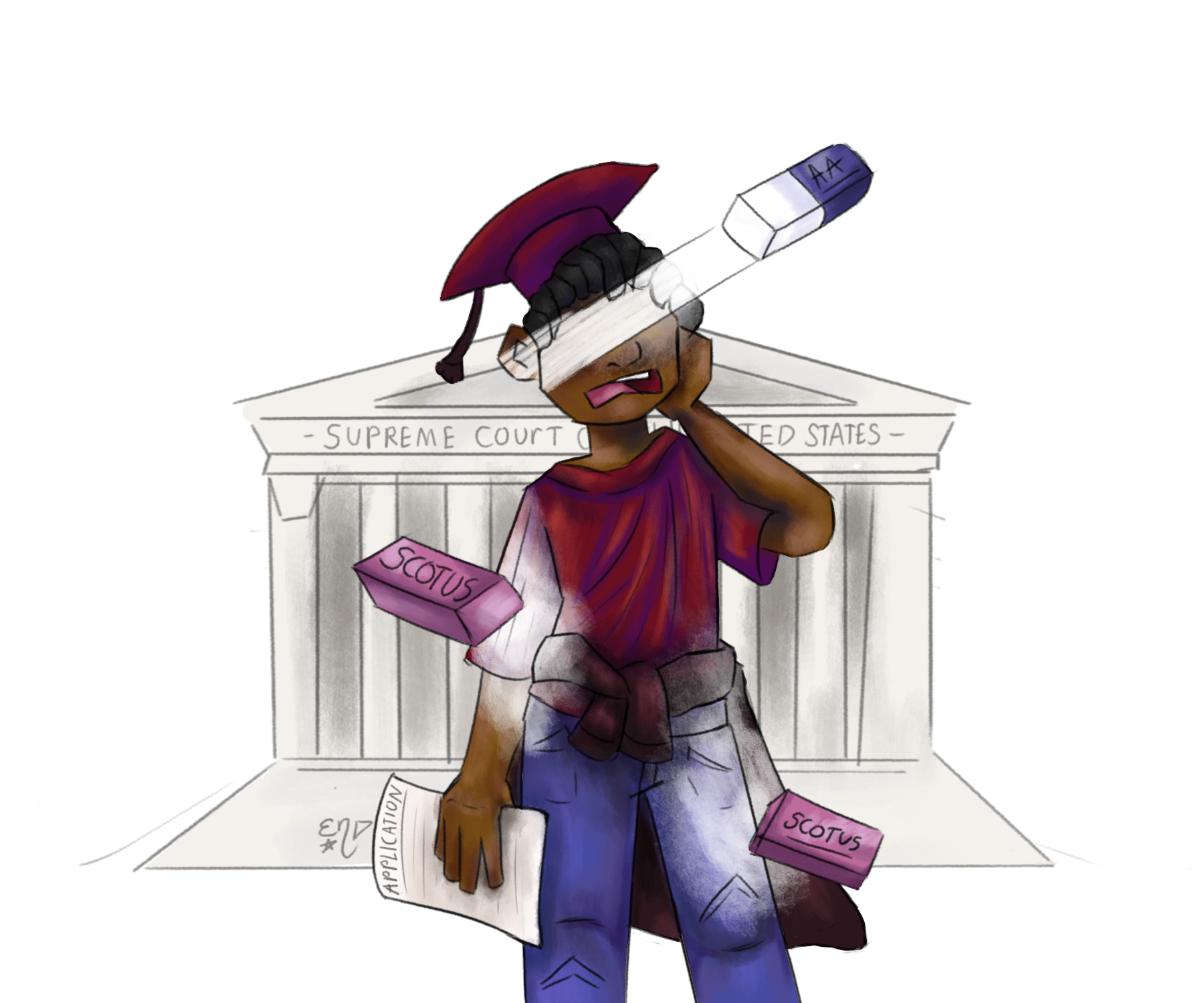
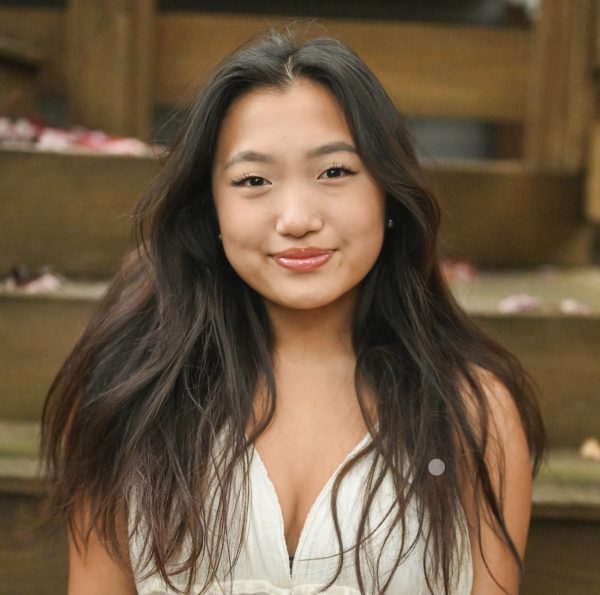
2024 National Scholastic Press Association Design of the Year: Newspaper Page/Spread — Top 10 Finalist (result announced Nov. 9, 2024)
2024 Illinois Journalism Education Association: First place, in-depth news, Students use Zyn nicotine products, despite discouragement
2024 Illinois Journalism Education Association: First place, alternative storytelling (with Katie Sasamoto-Kurisu, Sahana Unni)2024 Illinois Journalism Education Association: First place, centerspread story package, in-depth: Freedom Flare-up
2024 Illinois Journalism Education Association: Second place, feature, Hiding honky-tonk
2024 Illinois Journalism Education Association: Second place, single-page story package (with Chloë Alexander, Mia Lipson, Haley Maharry), Arts: Hiding honky-tonk
2024 Illinois Journalism Education Association: Second place, centerspread story package, in-depth: Affirmative Apprehension 2024 Scholastic Press Association of Chicago, special coverage: (with Clare McRoberts and Sahana Unni) superior 2024 Scholastic Press Association of Chicago, general feature Story: excellent 2024 Columbia Scholastic Press Association Gold Circle Award: First place, sidebar writing, “Affirmative Apprehension — Expert input: Law professor explains case” 2023 Illinois All-State Journalism Team 2023 Journalism Education Association National Student Media Contests, San Francisco convention: Honorable mention, online package2023 Illinois Journalism Education Association: Second place, in-depth news, Leaving Lab: Black students say school environment is unwelcoming
2023 Scholastic Press Association of Chicago, news story: excellent 2022 Journalism Education Association National Student Media Contests, St. Louis convention: Honorable mention, editorial writing 2022 Columbia Scholastic Press Association Gold Circle Award: First place, sidebar writing, “Misinformation solutions rely on regulation, media literacy”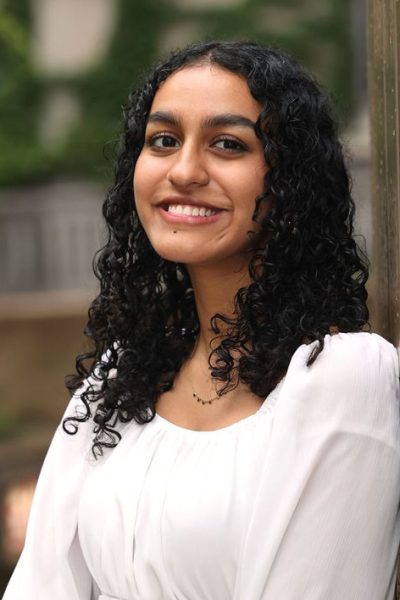
2024 Illinois Journalism Education Association: First place, alternative storytelling (with Audrey Park, Katie Sasamoto-Kurisu)
2024 Illinois Journalism Education Association: First place, photo story (with Zara Siddique)2024 Illinois Journalism Education Association: Honorable mention, serious commentary, Mindy Kaling’s depiction of Indian women isn’t a step forward
2024 Illinois Journalism Education Association: Third place, feature story, Fragrance fanatics: trend sparks student interest in cologne
2024 Scholastic Press Association of Chicago, special coverage: (with Audrey Park and Clare McRoberts) superior 2024 Columbia Scholastic Press Association Gold Circle Award: First place, personal opinion: on-campus issues, "New auditorium name at odds with values" 2024 Columbia Scholastic Press Association Gold Circle Award: Second place (with Zara Siddique), photo layout: full page (Page 3) 2024 Columbia Scholastic Press Association Gold Circle Award: Certificate of merit, news feature, “Dazzling drag city” 2023 Journalism Education Association National Student Media Contests, San Francisco convention: Honorable mention, online package2023 Illinois Journalism Education Association: First place, serious commentary, New auditorium name at odds with values
2023 Illinois Journalism Education Association: First place, audio journalism (with Téa Tamburo), Audio: The beat boys — Club provides opportunity for music exploration, socialization2023 Illinois Journalism Education Association: Second place, staff editorial, Step up to support peers’ mental health
2022 Columbia Scholastic Press Association Gold Circle Award: Cultural feature, certificate of merit, "‘Bridgerton’ effectively represents Indian culture" 2022 Journalism Education Association National Student Media Contests, St. Louis convention: Honorable mention, feature writing 2020 National Scholastic Press Association Fall Best of Show: Sixth Place, Election Reporting (contributor), “As trailblazer for multiple identities, Harris inspires students”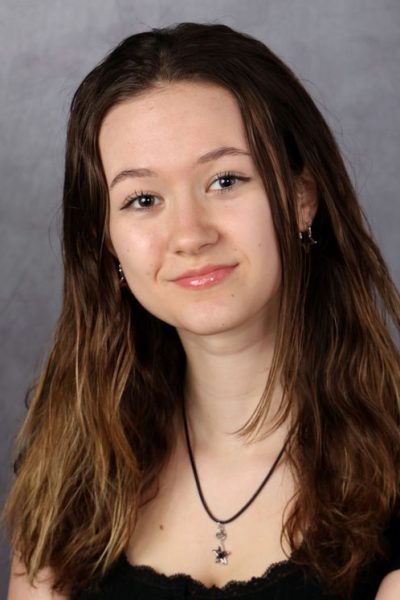
2024 Illinois Journalism Education Association: First place, review, Live-action anime series, ‘One Piece,’ exceeds expectations
2024 Illinois Journalism Education Association: Second place, review, ‘The Ballad of Songbirds and Snakes’ brings strong acting, flawed storytelling 2023 Journalism Education Association National Student Media Contests, Boston convention: Excellent, review writing 2023 Journalism Education Association National Student Media Contests, San Francisco convention: Honorable mention, press law and ethics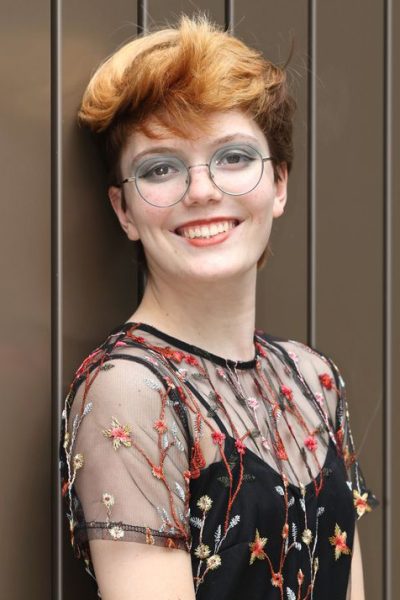
2024 Illinois Journalism Education Association: Second place, multimedia story package (with Jaya Alenghat, Chloë Alexander, Clare McRoberts, Olin Nafziger), Mocktail Mania: Fruity, fizzy drinks offer nonalchoholic, fun beverage option
2024 Illinois Journalism Education Association: Second place, single-page story package (with Chloë Alexander, Mia Lipson, Haley Maharry), Arts: Hiding honky-tonk
2024 Illinois Journalism Education Association: Second place, video story, New club provides outlet for musicians, gives back to community
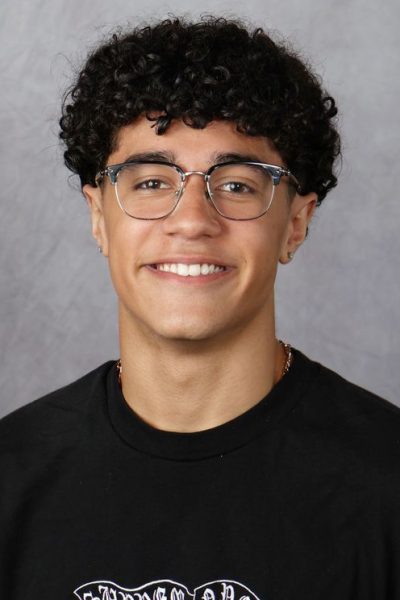
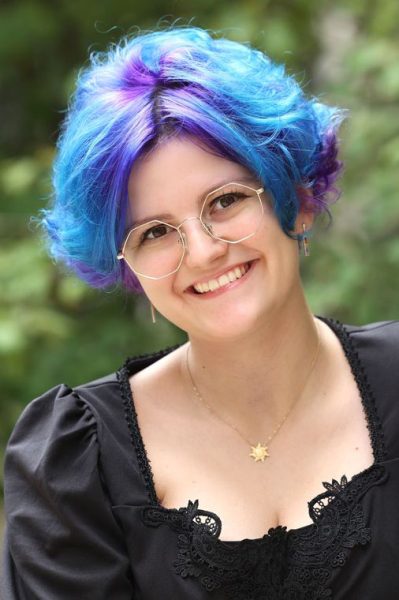
2024 Illinois Journalism Education Association: First place, illustration, In-Depth: Affirmative Apprehension
2024 Illinois Journalism Education Association: Second place, editorial cartoon, Election breach threatens student voice
2024 Illinois Journalism Education Association: Honorable mention, editorial cartoon, Safety changes emphasize distrust 2024 Scholastic Press Association of Chicago, original editorial cartoon, drawing or comic: superior 2024 Columbia Scholastic Press Association Gold Circle Award: Second place, art/illustration: hand-drawn, “Affirmative Apprehension”







